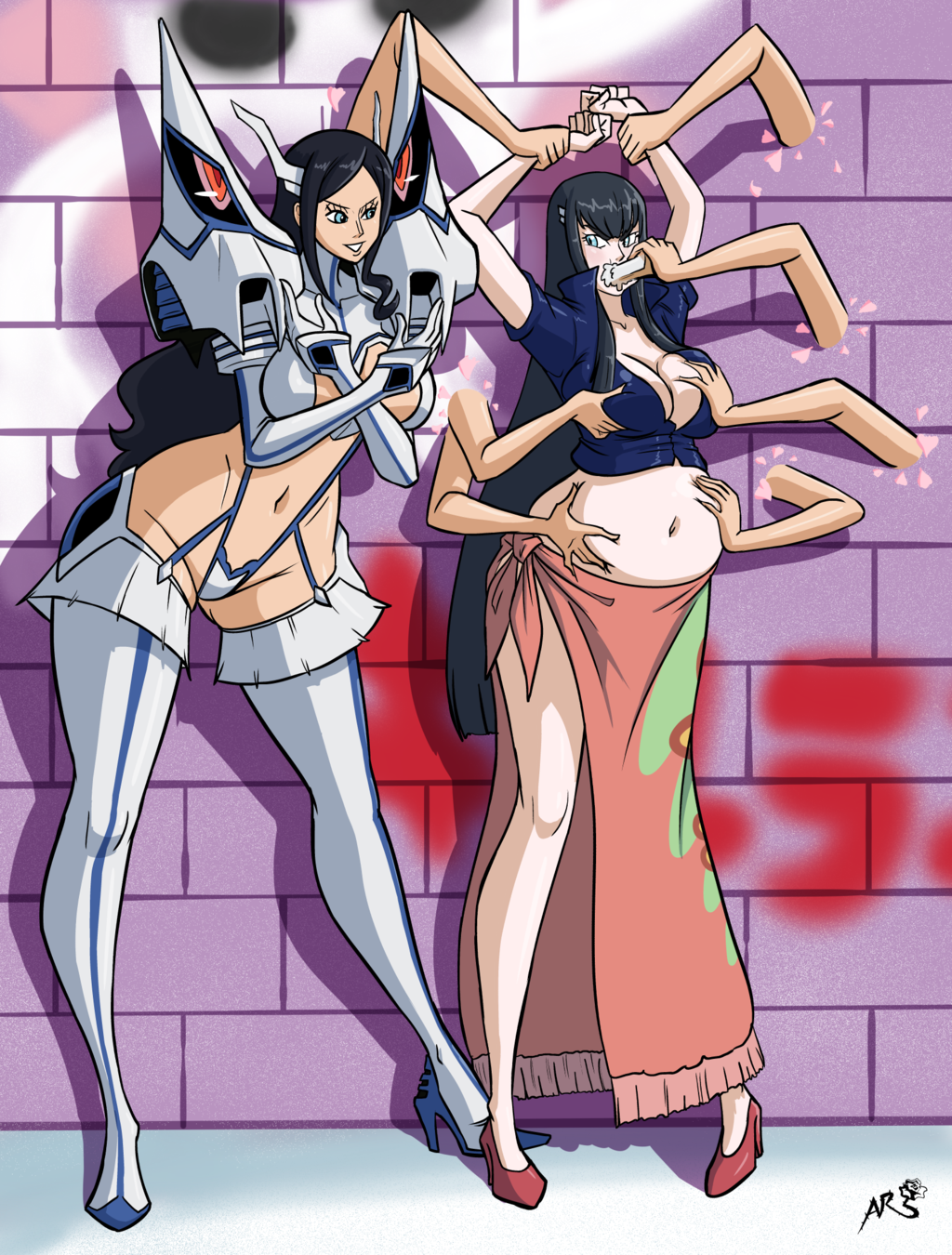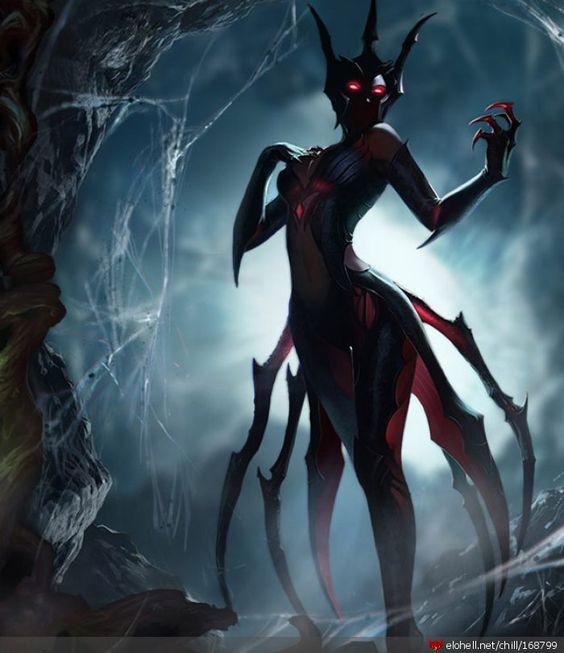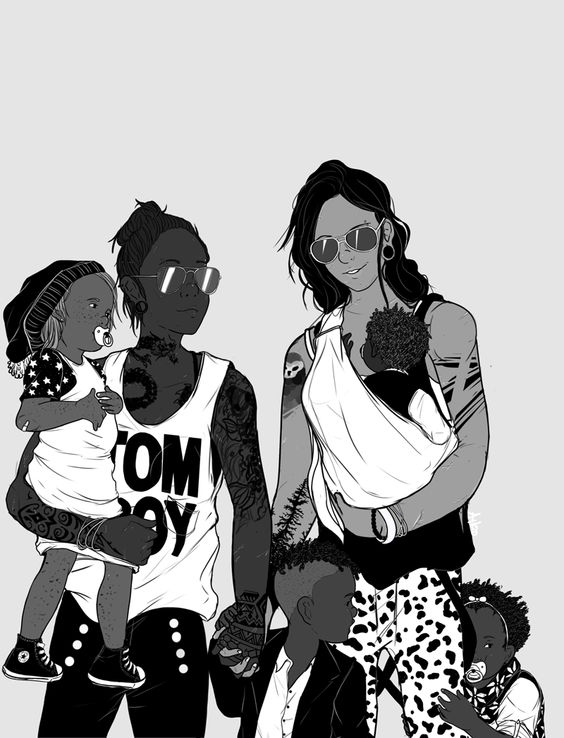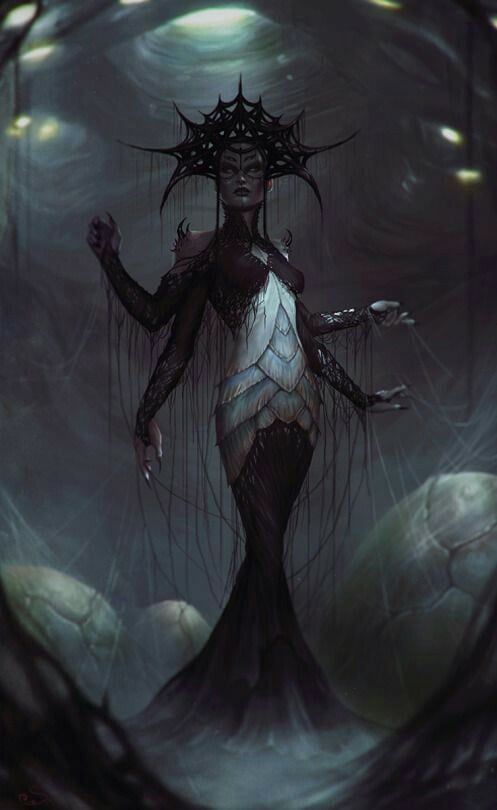The Cabucabu in Sedibeng
Culture
Culture and cultural heritage

That matriarch led a pilgrimage, marrying Cabucabu leadership into the Ndlovu house.
Interracial children were impossible but still as a means of respect and hierarchical control the house would leave their children in the hands of Cabu mothers, taking the Cabu children to teach their ways for a year.
This tradition has lasted for hundreds of years.
The cultural aspect of 'crowning' could never be broken but elements of their culture, when combined with the Ufele in Sedibeng, changed withed taking up many Chui ways.
That means at the age of fourteen Cabucabu children will present to their crowners but more often then not they will be instructed to present to the Ndlovu House heads.
There was a reason that the Cabu were fetched by the Matriach. Their ability to naturally create webbing was enough to prove the cabu had a positive symbiotic relationship with soil. The web could mix with bark and leaves to create a powerful ceiling capable of holding great pressure while containing nutrients. They then made the God Tree hold vines in between the branches, capable of holding homes while supported by the webbing. It created a flat surface, strong enough to hold entire forests, able to life indefinitely.
It makes the Cabucabu the greatest asset of The Ndlovu House, something the Ufele are taught not to neglect constantly.
Common Customs, traditions and rituals

There is a custom in the Cabucabu where they will, under the Prime Cabucabu work to build upon their homes, which are capable of hanging for five years. As Cabucabu they follow a Crown and will commit to them with faith and vigor which makes their homes, interlinked, like a honeycombs. Each God Tree possesses hundreds of thousands of Cabu, each one following a lead Prime Cabu or a Crowner in a region, who will be followed by many others.
Generally the number of challenges a Cabucabu gets is limited, but when conditions are hard the challenges will frequent. It takes severe unrest for a Cabucabu to break Crowning traditions.
Coming of Age Rites
Child Sharing

The general rule for the Sedi people is to let the children of nobles. But sadly no many Chui mothers and fathers would often lead away from the tradition. No willing to spend the required year away fro their child or spend the year with a Cabucabu child. People estimate that less than ten percent of the house children of noble houses are traded.
Hidden Tension
This has had an impact. Though all Cabu over the last century have been compliment, it has brought all a higher sense of 'desperation' to have ones child be tied to a Noble even if that noble has not been under their territory.Cabu crowners might go as far as murder to ensure that that political advantage is maintained, making it scarier for nobles willing to complete the trade off.
This has started to create a social rift with multiple nobles looking down on Cabucabu, which is an extreme risk for all of Sedibeng, something acknowledged by the Ndlovu-Sana House, which demands their children be a part of it no matter what and must accept their invitations.
It is a major deal.
Age
Cabucabu and Ufele age different with the average Cabucabu reach ages of two hundred and Ufele reaching ages of ninety, youth is measured differently as a thirty year old is considered a Cabucabu teenager and thirty is also the oldest a Cabucabu can be before they are too old to participate. Fifteen is the oldest a Cabucabu child can be before they are considered to be too old. There is no minimum age but it is unspoken rule to begin between ages five and ten as those ages are when their general maturity and size is best tied together.Funerary and Memorial customs
Unlike the Ufele, they haven't got iron skin strength; but follow the custom of burning their dead. This is either done at Ndlovu house grounds or is done at their own special grounds where their bodies are turned to charcoal and kept, though rarely are the boxes are rarely opened as the Cabu are naturally resistant to extreme cold.
Ideals
Beauty Ideals
There is no male or female biologically so their beauty ideal will generally follow standards of competency.
They also lead towards the standards of the crowned. The longer a crown lasts, the more set that 'ideal' competency is. If strength is the competency of the crowned, then they will be more focused on masculine strength.
The side effect of being under The Ndlovu House is that they have a strong need to be intelligent. Culturally this has translated in a multitude of ways. Those with rough hands and uncontrolled language being considered unappealing and boarish. They're more emotional, putting value in the written word, marriage and long term relationships. Being a philosopher; being sharp on one's feet; a graceful lover; a graceful fighter, graceful calligrapher. It's so inbuilt over the centuries that there have been many Cabucabu who'll be challenged for their "boarish ways"
An additional effect of being in Sedibeng where the number of women outnumber the number of men as high as 20 to 1, a cabu ill dress and identify as female, wearing an Ufele woman's clothes, which not stray too far from something typical for some Ufele men.
They also lead towards the standards of the crowned. The longer a crown lasts, the more set that 'ideal' competency is. If strength is the competency of the crowned, then they will be more focused on masculine strength.
The side effect of being under The Ndlovu House is that they have a strong need to be intelligent. Culturally this has translated in a multitude of ways. Those with rough hands and uncontrolled language being considered unappealing and boarish. They're more emotional, putting value in the written word, marriage and long term relationships. Being a philosopher; being sharp on one's feet; a graceful lover; a graceful fighter, graceful calligrapher. It's so inbuilt over the centuries that there have been many Cabucabu who'll be challenged for their "boarish ways"
An additional effect of being in Sedibeng where the number of women outnumber the number of men as high as 20 to 1, a cabu ill dress and identify as female, wearing an Ufele woman's clothes, which not stray too far from something typical for some Ufele men.
Parent ethnicities
Encompassed species
Related Organizations
Related Locations





Comments